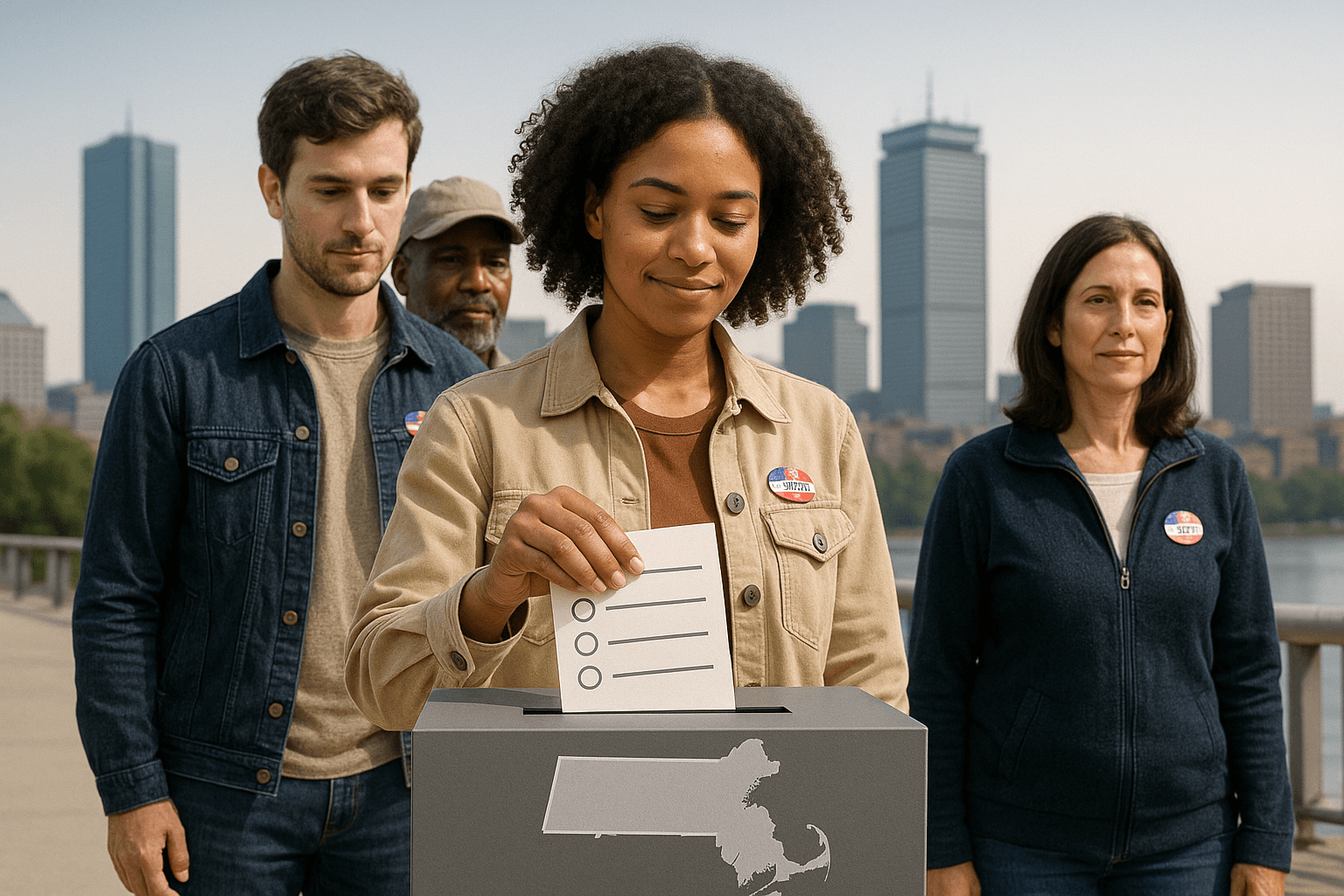Bernie Sanders will Steal the Ron Paulers - Here's Why

Remember those old days when Ron Paul came out of nowhere to raise over $4 million online in a single day ... twice?
Well that was 8 years ago. Before the development of Instagram. When Twitter was still a little tweet. And when "online donations" was a foreign concept to most political consultants.
And although political consultants and commentators seem to now understand the power of the Internet, they haven't quite grasped just WHY Ron Paul was so effective online.
Contrary to popular belief, Ron Paul's first presidential campaign (the one that raised a lot more money than his campaign in 2012), was not very tech savvy.
Huhhh? You might say.
In reality, it was Ron Paul's supporters who were the tech titans of the day. From Trevor Lyman, who worked on money bombs and raised enough to fly a blimp over stadiums, to Anthony Astolfi, who built the very first "Students for Ron Paul" website, to Michael Nystrom to Eric Nordstrom... these names never traveled to the big screen TV.
https://www.youtube.com/watch?v=FG2PUZoukfA
This video, created by eLiberty, was one of the first videos to popularize Ron Paul on YouTube.
And on that new video sharing platform called "YouTube," eLIB3RTY jabbed at emotions while Aimee Allen belted out popular songs for the R3volution.
So what does this have to do with anything?
By 2012, Ron Paul went from being an extreme dark horse in the race for president to a viable candidate. And contrary to popular opinion again, he came relatively close to winning the nomination because he simply played the Republican delegate game better than anyone else -- until the GOP establishment kept changing the rules on the perilous Paulites.
Now, in 2016, his son, Rand Paul (who was "drafted" to run for Senate by his father's supporters), has more and more become a real part of mainstream politics. As a consequence, he has been more calculating and has less of an authentic anti-establishment ruse to the political passers-by.
So what's that got to do with Ron Paulers and Bernie Sanders?
The thing that political consultants, journalists, and logic don't seem to grasp is that Ron Paul did not have a fervent following because a bunch of young, tech-savvy folks believe lock-step in his libertarian philosophy. The fact of the matter is that most of them LOVED two things about Ron Paul: his authenticity and his anti-establishment appeal. He appeared to be the only candidate on the slate willing to run for the nation's highest office without bowing down to the rules of today's political game.
Sure, there's a lot of die-hard libertarians in the Paul camp. And there's a lot of conspiracy-loving, Alex Jones-reading R3volutionaries who will follow you through the comment sections of the Internet. But there are a hell of a lot more people, especially young folks, who just want someone who stands for serious change.
They followed the hope of Barack Obama, and nothing changed. They are refusing to register with either political party, because nothing changes. And they are recognizing that politics is not really about the players like Rand Paul or Barack Obama ... it's about the game they are willing to play.
So in an era when more Americans identify as both socialist and libertarian, what are we to take from this? It's not that they believe in the ideology -- they believe in the alternate opportunity.
Bernie Sanders, an independent who joined the Democratic Party only to run for president, appears to be the only candidate today that will run for president without playing the game.
Photo Credit: Peter Yang




